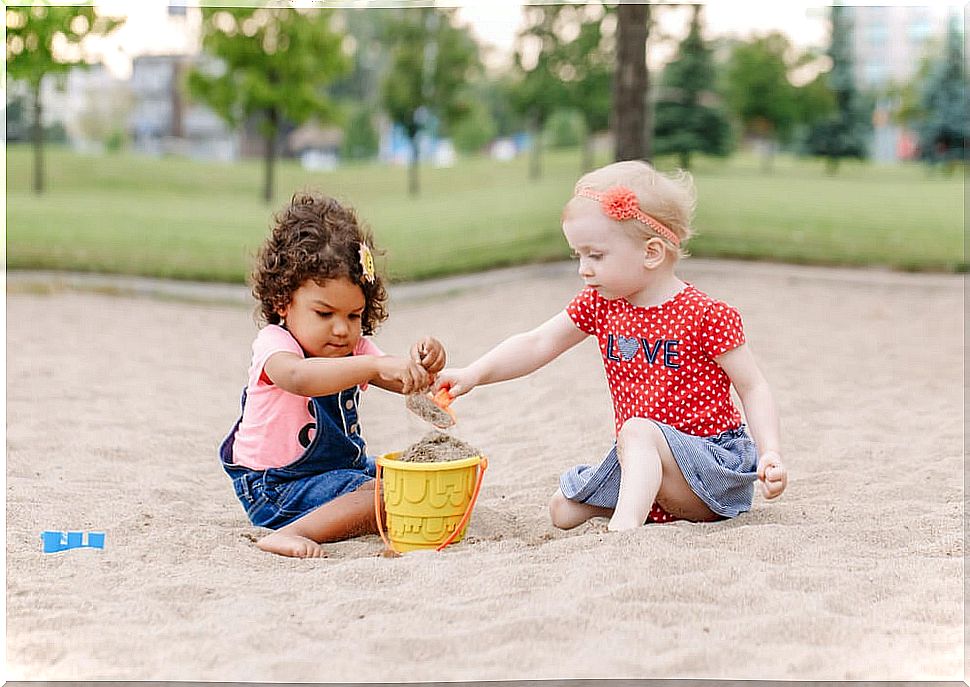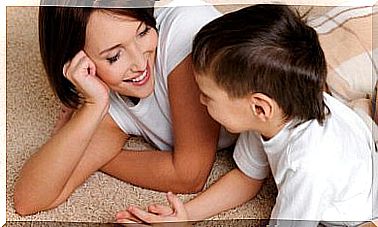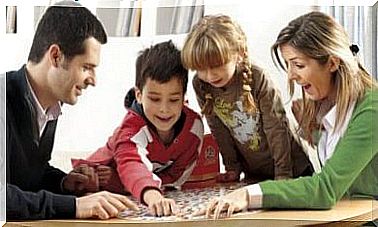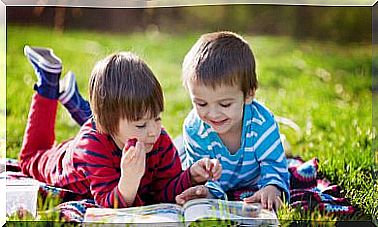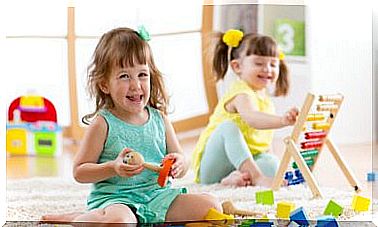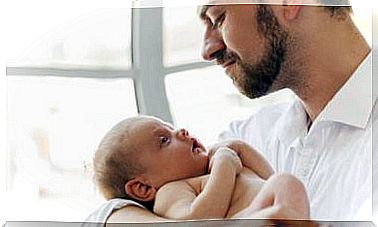3 Tips To Help Your Child Resolve Conflicts
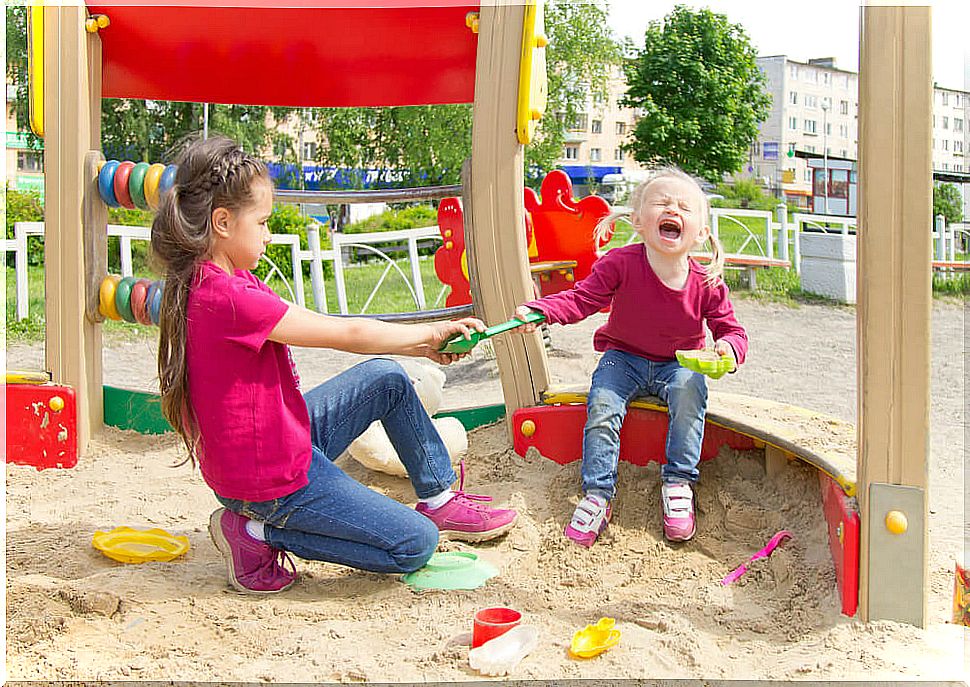
Homeschooling is essential for children to learn to behave correctly and to adapt to the environment. For this reason, we have put together the following article that describes some tips to help your child resolve conflicts.
Disagreements between people are an everyday occurrence in the life of any adult. And, although with less importance, conflicts also appear in the daily lives of children and adolescents. Thus, it is necessary that they know how to face and solve these social problems in the best possible way.
Homeschooling: Helping Your Child Resolve Conflicts
Many children have difficulty socializing with their peers, since they tend to fight, get angry, yell, etc. Therefore, it can be said that these children do not have the capacity to face and solve conflicts developed.
Thus, mothers and fathers, from the home, have the responsibility of teaching their children social skills to communicate, negotiate and resolve conflicts in a constructive way. To do this, they must focus on instilling an education that favors a series of ethical and civic values necessary to achieve a positive coexistence.
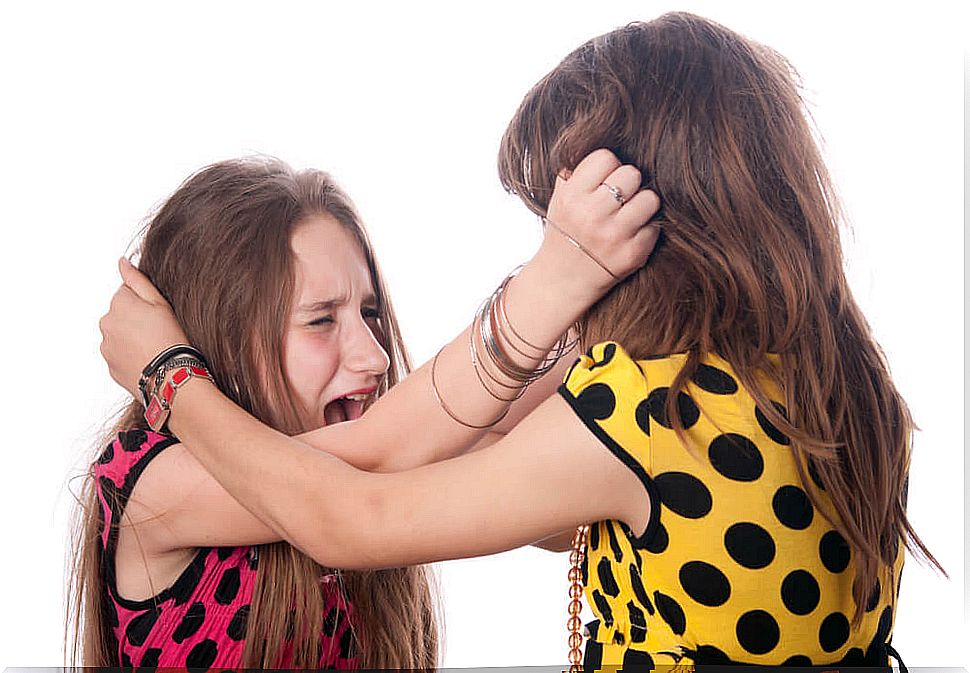
Here are three tips to help your child resolve conflict.
3 tips to help your child resolve conflicts
Teach trust and empathy
One of the tips to help your child resolve conflicts is to teach him the basic trust and empathy necessary for good personality development. Thus, mothers and fathers must provide three basic conditions:
- Continuous attention.
- Unconditional love and support.
- Situations to develop emotional intelligence.
In this way, a good family bond is established that fosters the ability to resolve emotional and social conflicts without resorting to violence. In addition, through trust and empathy, you learn to:
- Acknowledge the feelings and perspectives of other people.
- Identify the similarities and differences between people and groups.
- Use communication skills and social skills.
- Acquire the ability to prevent, manage and resolve interpersonal conflicts constructively through negotiation, mediation, etc.
Teach to establish healthy social relationships
In the age range of 6 to 12 years, awareness of social norms and laws develops. For this reason, childhood is an ideal stage to teach to share, to cooperate and to know how to accept failures in friendships. In this sense, another of the tips to help your child resolve conflicts is to make them learn from a young age to:
- React to intolerance and provocation.
- Reflect on the many ways to control anger.
- Search for solutions and generate new proposals.
- Stop believing that conflicts are always negative.
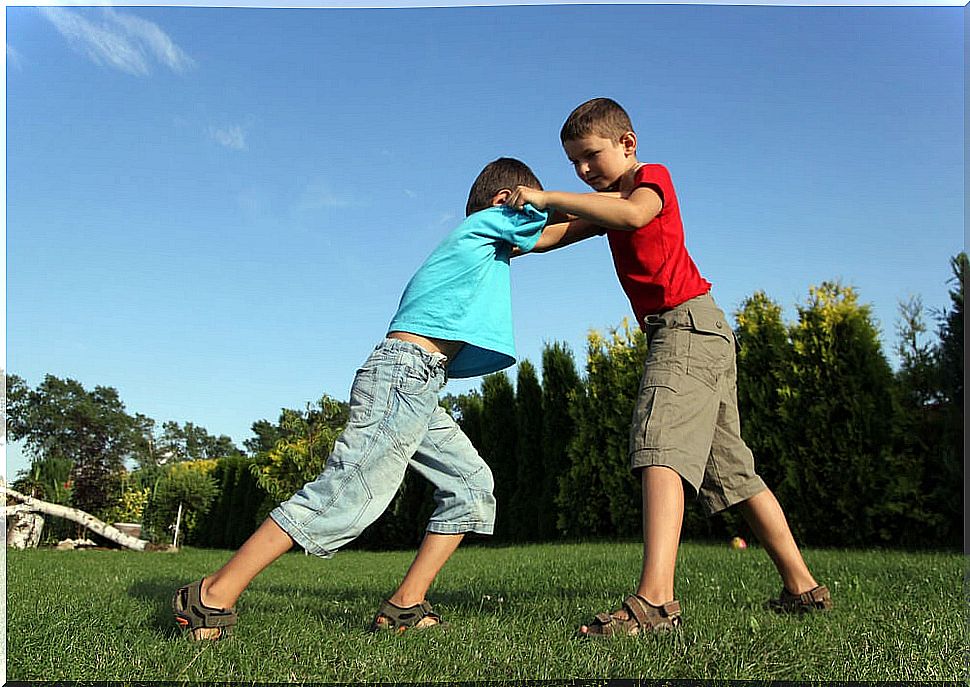
In this way, they are able to establish positive social relationships based on respect, and non-violent interaction with other children is encouraged.
Put role-playing into practice
Putting role-playing into practice is another good tip to help your child resolve conflicts. This consists of dramatizing through dialogue and interpretation, a situation that represents a conflict. This technique is ideal for working on the solution of conflictive situations, since the appropriate behaviors that must be followed are taught in a practical and exemplified way.
To do this, parents must tell various stories about characters who are involved in social problems that they must solve. Afterwards, the parents, together with their child, have to act out what happened in each story, each of them assuming a role.
Finally, the family reflects on what happened in each of the situations, and on how each of the characters behaves. In this way, the feelings, emotions, attitudes, values and perceptions of the different characters that intervene in the story can be explored. Thus, the child, through play and fun, understands what is the correct way to resolve a conflict.
